Hey there everyone on the internet!
It’s a lovely day here in Japan, and I’ve got some exciting news and a question for you.
家族の来訪!
I’m about to experience something that I’m sure many of you have experienced before: my family is coming to visit me.
Of course, I’m excited to take them to all my favourite spots around my house, and show them a good time, as we say.
Hey, let’s look at show someone a good time as an English phrase. To show someone a good time means to be a ‘tour guide’ for someone, and to help someone have a good experience somewhere. For example,
I visited my friend in Osaka, and they showed me a good time, taking me to a 串カツ restaurant!
So, of course, I want to show my family a good time when they visit. I’ve already arranged a rental car for them, since my car is a little 軽自動車, or ‘baby’ car as I like to call it!
We’ve also made reservations for a few restaurants, and more importantly, I’ve booked a trip to Yakushima as well!
I can’t wait to show my family the beauty of the island. They’re from Canada, so they’re used to beautiful natural scenery, but Yakushima is still worth a trip for them! We can’t wait to hang out with the Yakushima monkeys and deer!
皆さんに質問です!
But, here’s my question for you: what do you do when someone comes and visits you?
In particular, if your visitors are from a different country, or area, what do you do? It’s very different from hosting ‘local’ friends, right? It really all depends who is visiting.
For my visit, my family has all been to Japan before. This will be their second visit, so I want to show them something ‘different’. They’ve visited the main spots, and seen enough of Tokyo!
So, do you have any suggestions?
In addition, when you visited people in other prefectures or countries, how did they ‘show you around’? What were some of the highlights.
For example, did they show you something that made you think, ‘Wow! Without them, I never would have seen this!’ I want to hear about those kinds of experiences.
屋久島ブートキャンプも忘れずに!
I’m running out of time, but take a look at this lovely picture of Yakushima! Remember that my Yakushima Boot Camp is coming up.
So, you can give me your answers in person! You can explore an amazing part of Japan, and learn English at the same time. You probably haven’t travelled for a long time (this trip for my family is the first-time leaving Canada in 3 years!), so why not make your first trip amazing: a learning AND studying opportunity!
You can deduct it from your taxes ;).
※屋久島ブートキャンプは、締め切り間近!興味のある方は今すぐこちらからどうぞ!→こちら

日本の小中学校で英語を教えるALT講師Nic先生は非常にユーモラスな先生です。台湾でも英語を教えていました。どこでも適応できるのがNic先生が自慢ができること。「肉先生」と読んで欲しいとたまに呼びかけられるかもしれません。こんなコミカルで愉快なNic先生から楽しく英語指導を受けませんか?
座右の名”The grand essentials to happiness in this life are something to do, something to love and something to hope for.”
※このブログでは英語学習に役立つ情報アドバイスを提供していますが、本ブログで提供された情報及びアドバイスによって起きた問題に関しては一切、当方やライターに責任や義務は発生しません。
※ここでの情報や助言を参考に英文を書いたり下した判断は、すべて読者の責任において行ってください。ここに掲載されている記事内の主張等は、個人の見解であり当社の意見を代弁・代表するものではありません。
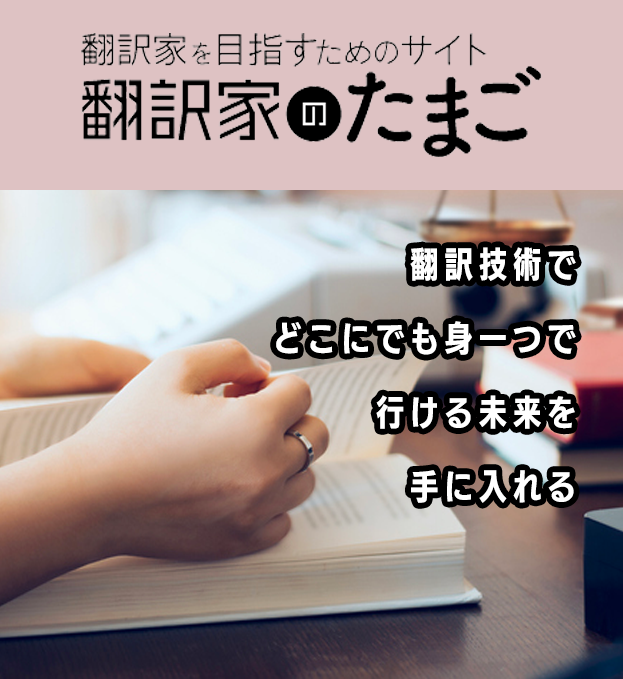

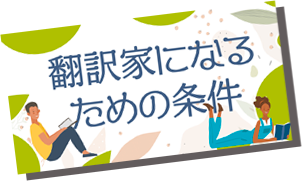




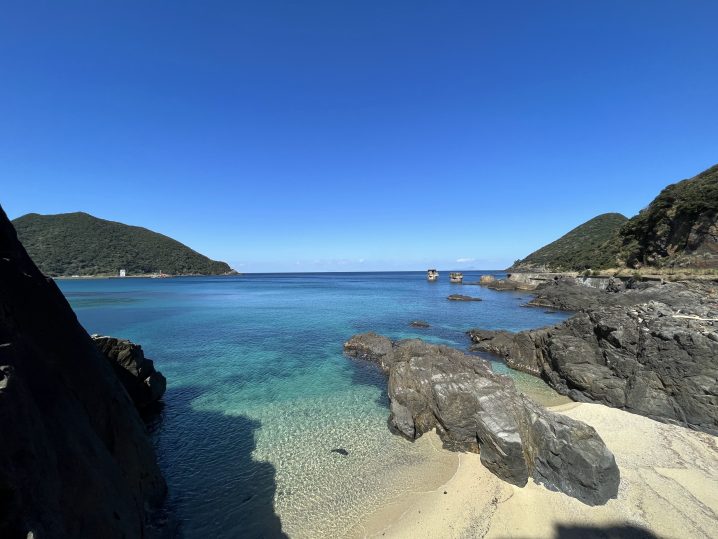

 (9 イイネ!が押されています)
(9 イイネ!が押されています)











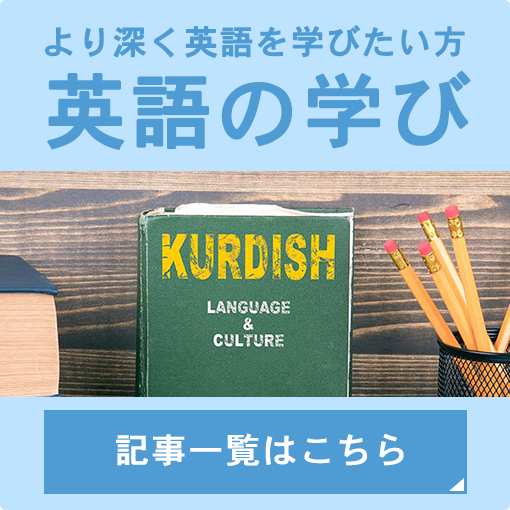











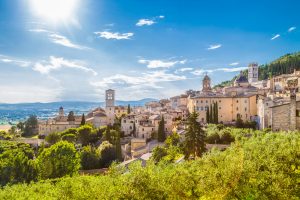



When my friends from different countries visit me, there are two places I always take them: Onsen, a hot spring resort, and a standing shot bar. Both of them are difficult to deal with without the help of local people who speak Japanese. They like to interact with local people, so I try to find a chance to talk to people who are next to us at the bar or in Onsen. When my Hong Kong friends came to Japan, I took them on bicycle rides along the river bank because they rarely ride bicycles in their region. They loved it! I always look for new spots and activities that my friends cannot experience in their countries.
Great points Nao.K! In the end, travelling is about experiencing something new. By the way, ‘difficult to deal with’ normally refers to a person that has a strong personality. That is, it’s hard to cooperate with them. For example, ‘It’s difficult to deal with Nic sometimes. He gets angry quickly.’ This is from my Misconception Courses, so avoid using it to refer to a situation! Thank you and happy Thursday!